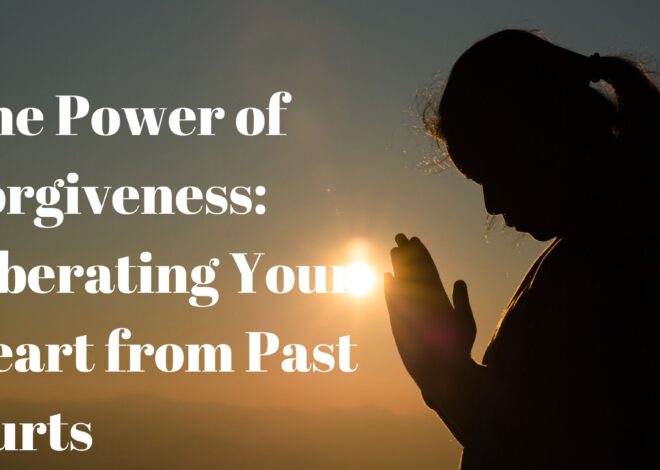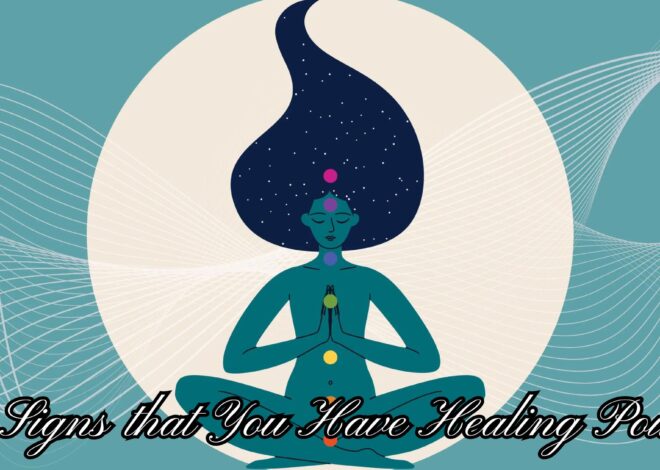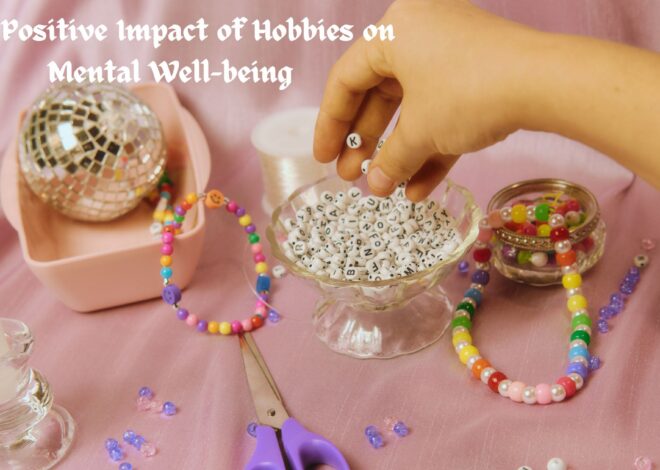
Strategies for Reducing Anxiety: A Holistic Approach
Anxiety, a ubiquitous concern affecting millions globally in today’s fast-paced world, warrants a comprehensive approach to mitigation. While seeking professional guidance remains paramount, adopting wholesome lifestyle practices can significantly assuage symptoms and bolster overall wellness. This article delves into dietary and lifestyle choices that serve as pillars for Strategies for Reducing Anxiety and fostering improved mental health and well-being.
Understanding Anxiety: Unraveling the Complexities
Before delving into actionable strategies, it’s imperative to unravel the intricacies of anxiety and its multifaceted impact on mental health. Anxiety encompasses a spectrum of emotions ranging from unease to fear, with disorders such as panic disorder, social anxiety disorder, and generalized anxiety disorder exacerbating these feelings. While occasional anxiety is part of the human experience, persistent and severe manifestations can impair one’s quality of life and daily functioning.
The Gut-Brain Connection: Nourishing the Mind-Body Nexus
Recent scientific endeavors underscore the profound correlation between gut health and mental well-being, emphasizing the pivotal role of nutrition in anxiety management. The intricate interplay between the gut and the brain, known as the gut-brain axis, significantly influences mood regulation, cognitive function, and emotional responses. By prioritizing dietary choices that support gut health, individuals can cultivate an environment conducive to mood enhancement and anxiety alleviation.
Nutrition Strategies for Anxiety Reduction: Fueling the Mind for Resilience
Incorporate Whole Foods:
Embrace a dietary regimen rich in whole, nutrient-dense foods such as whole grains, fresh fruits, vibrant vegetables, and lean proteins. These wholesome provisions furnish essential vitamins, minerals, and antioxidants crucial for optimal brain function and mood modulation.
Focus on Omega-3 Fatty Acids:
Amplify your intake of omega-3 fatty acids sourced from walnuts, flaxseeds, chia seeds, and fatty fish. These omega-3 powerhouses, renowned for their anti-inflammatory properties, confer protection against anxiety and elevate mood.
Limit Caffeine and Alcohol:
Exercise prudence in consuming alcohol and caffeinated beverages, as they have the potential to exacerbate anxiety symptoms and disrupt sleep patterns. Opt for hydrating alternatives like water or soothing herbal teas to promote calmness and tranquility.
Balance Blood Sugar Levels:
Cultivate dietary habits conducive to maintaining stable blood sugar levels by incorporating balanced meals and snacks comprising lean proteins, healthy fats, and complex carbohydrates. Fluctuations in blood sugar levels can precipitate anxiety and mood fluctuations, underscoring the importance of dietary equilibrium.
Include Probiotic-Rich Foods:
Enrich your diet with probiotic-rich fare such as kefir, sauerkraut, kimchi, and yogurt to fortify gut health and bolster mood regulation. Probiotics play a pivotal role in neurotransmitter synthesis and stress resilience, imparting profound benefits to mental well-being.
Lifestyle Strategies for Anxiety Reduction: Cultivating Holistic Wellness
Prioritize Sleep Quality: Endeavor to attain seven to nine hours of uninterrupted sleep nightly by adhering to a consistent sleep-wake schedule. Create a conducive sleep environment devoid of distractions, as restorative sleep is indispensable for stress management and emotional equilibrium.
Practice Mindfulness and Relaxation Techniques:
Engage in mindfulness practices such as progressive muscle relaxation, deep breathing exercises, and meditation to quell anxiety and foster mental serenity. Consistent mindfulness practice augments emotional resilience and bolsters stress coping mechanisms.
Stay Active:
Integrate regular physical activity into your routine as a potent antidote to anxiety and mood disturbances. Embrace physical endeavors that resonate with your interests and preferences, whether invigorating cardio workouts, rejuvenating yoga sessions, or leisurely nature walks.
Cultivate Social Connections:
Nourish meaningful relationships and forge supportive social bonds with cherished companions and confidants. Social support serves as a cornerstone of emotional well-being, offering solace, encouragement, and a sense of belonging amidst life’s adversities.
Set Boundaries and Practice Self-Care:
Safeguard your mental and emotional health by establishing boundaries that prioritize self-care and personal well-being. Advocate for yourself by delineating limits, delegating responsibilities, and carving out time for rejuvenating self-care rituals and leisure pursuits.
Conclusion: Embracing a Path to Mental Wellness
In navigating the labyrinth of anxiety, a holistic approach encompassing both nutrition and lifestyle interventions emerges as a beacon of hope. By integrating stress-reduction techniques, wholesome dietary practices, and self-care rituals into daily life, individuals can embark on a transformative journey toward anxiety mitigation and enhanced mental wellness. Embrace self-compassion, consistency, and resilience on this odyssey toward optimal mental health, recognizing that incremental changes yield profound dividends.



